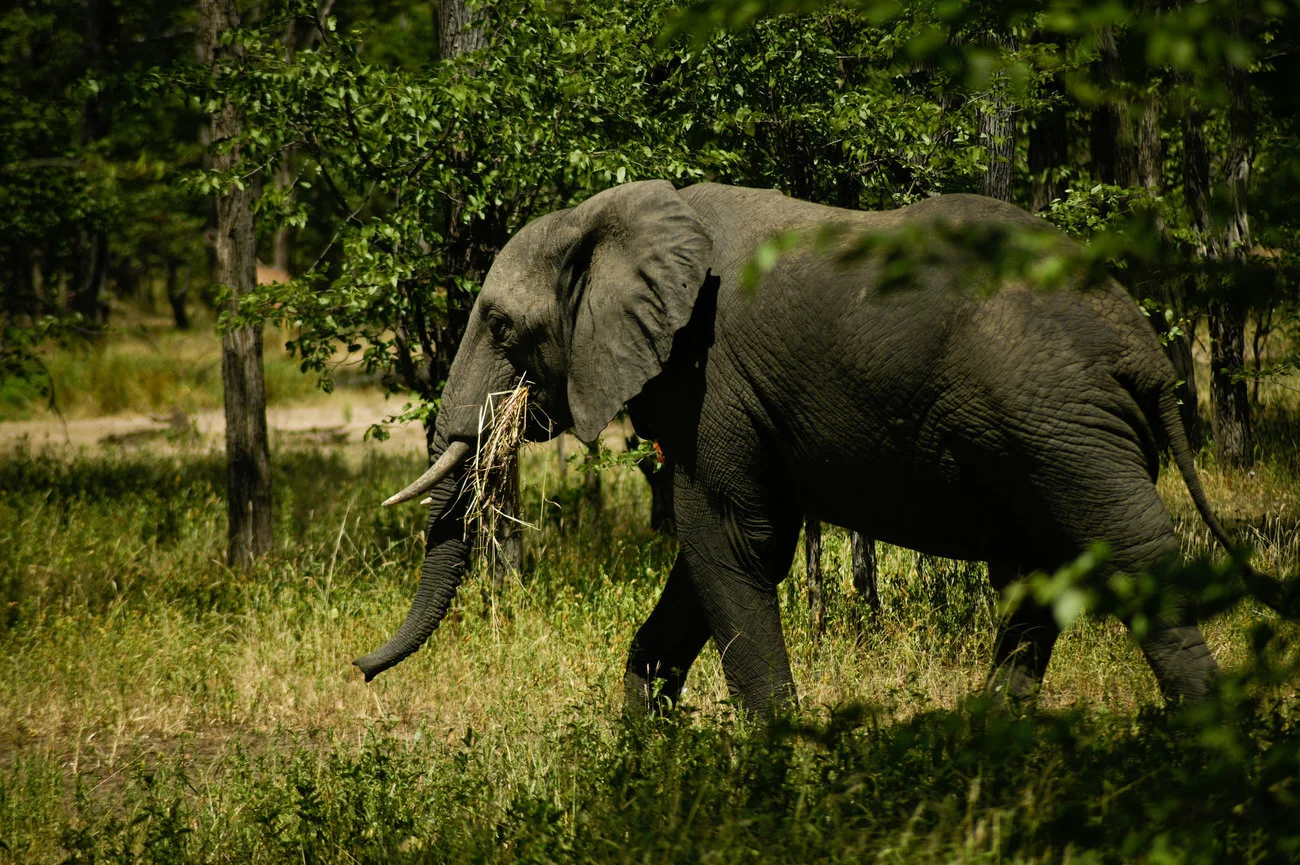Elephants Have An Unlikely Ally: Artificial Intelligence
An EcoChi Vital Abstract
This article was published October 25, 2019, written by Dina Temple-Raston, NPR.
A few years ago, Paul Allen, the co-founder of Microsoft, published the results of something called the Great Elephant Census, which counted all the savanna elephants in Africa. What it found rocked the conservation world: In the seven years between 2007 and 2014, Africa's savanna elephant population decreased by about a third and was on track to disappear completely from some African countries in as few as 10 years. To reverse that trend, researchers landed on a technology that is rewriting the rules for everything from our household appliances to our cars: artificial intelligence. AI's ability to find patterns in enormous volumes of information is demystifying not just elephant behavior but human behavior — specifically poacher behavior — too. "AI can process huge amounts of information to tell us where the elephants are, how many there are," said Cornell University researcher Peter Wrege. "And ideally tell us what they are doing. "There are two kinds of elephants in Africa: savanna elephants, which were counted by Allen's census, and forest elephants, which the census couldn't account for because that elephant lives beneath a thick rainforest canopy. Even at the level of the jungle, Wrege says, losing a forest elephant is easy to do. "Sometimes you see them, let's say, 15 meters [16 yards] away from you and then they move 5 meters into the forest, and you can't see them," he said. "Researchers at Cornell University have been studying the forest elephant for years, trying to figure out — how many there are and how fast they are being killed. Given how stealthy the forest elephants are, Wrege began to think that rather than look for them, maybe he should try something a little different: Maybe he should listen for them. To do this, Wrege had 50 custom audio recorders made. His team placed one recorder in every grid square about 23 to 30 feet up in the treetops, just a little higher than an elephant could reach with its trunk while standing on its hind legs. And then they hit record. As the months wore on, the recorders were collecting hundreds of thousands of hours of jungle sounds, more than any team of graduate students could realistically listen to — which meant Wrege had another problem: How could he sort through all these recordings to find the elephant voices he wanted?" "At a party with a lot of background noise, the human brain can focus on a specific person's voice and amplify that above all the other voices. AI can do the same thing. Part of the issue is one of expanse — animals, particularly elephants, roam across great distances — and rangers can patrol only a small area at a time. That tension, researchers believe, may be resolved by analytics and AI. if you ask Wrege whether he thinks AI will save the elephant, he is unequivocal. "I actually do," he said. "It is definitely going to be our salvation."
Copyright © 2020 EcoChi, LLC. All rights reserved.




